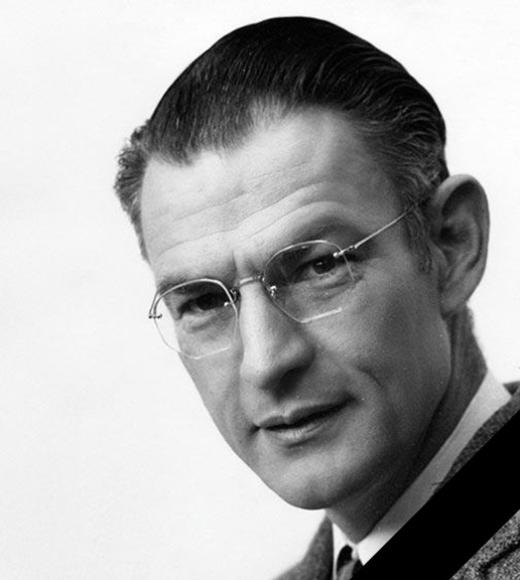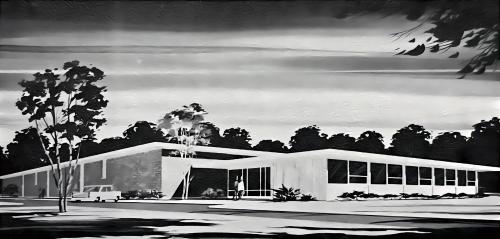
Position Title
In Memoriam
Professor and Olericulturist
1915-1964
LOUIS KIMBALL MANN
Birth: April 21, 1915, Boise, Idaho
Death: May 21, 1964, Davis, California
Education
- B.S., University of Idaho, 1937
- Ph.D., Botany, University of Chicago, 1940
Employment
- Agricultural Agent, U.S. Department of Agriculture, Beltsville, 1940
- Guest Lecturer, Ohio University, 1940–1941
- Professor, Department of Vegetable Crops, University of California, Davis, 1942–1964
- Olericulturist, Agricultural Experiment Station, University of California, Davis, 1942–1964
Honors, Awards, and Professional Societies
- Guggenheim Fellow, Royal Botanic Gardens, Kew, 1956
- Fellow, American Society for Horticultural Science
- Member, Botanical Society of America
- Member, American Society of Plant Physiologists
- Member, California Horticultural Society
- Member, Sierra Club
Research Contributions and Impact
Louis Mann made outstanding contributions to the taxonomy, morphology, and flavor chemistry of the genus Allium, including garlic, onions, and related species. His research on growth and dormancy in garlic and onions provided foundational insights, and he played a significant role in establishing the California garlic certification program.
His studies also advanced understanding of photoperiodism, pollination, seed development, and fruit growth in cantaloupes and watermelons, induction of fruit set in tomatoes, wound healing in sweet potatoes, and seed dormancy. He co-authored the book "Onions and Their Allies," which remains a comprehensive treatment of Allium botany and cultivation, a landmark in the field. His work combined deep theoretical knowledge with practical agricultural applications.
Publications and Scholarly Leadership
Mann’s publications spanned horticulture, plant physiology, and crop science, with an emphasis on Allium research. His coauthored book, Onions and Their Allies, was a definitive resource for both scientists and growers.
Teaching and Mentorship
Mann was highly regarded for his teaching abilities, rooted in both his scientific insight and his generosity with students and colleagues. He generously gave his time to discuss problems, demonstrate techniques, and mentor younger scientists. His balanced temperament and collegiality earned him deep respect across campus and beyond.
Collaboration and Community
His influence extended across the UC Davis campus, where he was an active member of the Academic Senate and university committees. He was known for thoughtful contributions to debates on academic freedom and social responsibility, including his principled stance during the loyalty oath controversy. Mann’s cultural interests included woodworking, metalwork, photography, and exploration of global cuisines, reflecting a curiosity that enriched both his science and his community.
Legacy
Louis K. Mann’s scientific achievements and personal integrity left a lasting mark on UC Davis and the field of horticulture. In recognition of his contributions, the Vegetable Crops Controlled Temperature Facility was named the Louis K. Mann Laboratory in 1967. Today, the Mann Laboratory remains a world-renowned center for postharvest research, training students and scientists from around the globe. His legacy continues in the scientific advancements and institutional strength he helped build.
References
For additional tributes, interviews, and biographies, see the following resources:
The Louis K. Mann Laboratory

From the 1967 Building Naming Recommendation
Naming of Vegetable Crops Controlled Temperature Facility, Davis
Recommendation: That the Vegetable Crops Controlled Temperature Facility, Davis, be designated the Louis Mann Laboratory
Professor Mann, who came to the University of California at Davis in 1942, was a professor of Vegetable Crops and Olericulturist in the Experiment Station. He was, without a doubt, the most generally respected and beloved member of his department, and his untimely loss is keenly felt. His influence extended over the whole campus, and his even temper and sound judgment made him a highly valued member of many Academic Senate and other University committees. Louis Mann had unusual teaching abilities. This stemmed not only from his deep insight into plant structure and function but also from his kind and sympathetic feelings toward others. He gave freely of his time in discussing problems or in demonstrating techniques. By the time of his death in 1964, he had become distinguished in the fields of plant physiology, morphology, and taxonomy and was an outstanding expert on onions and related plants.
This recommendation is endorsed by Chancellor Mrak and the Davis campus faculty committee on building and street names.
